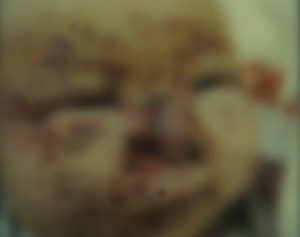Story By: Joseph Golder, Sub-Editor: Michael Leidig, Agency: Newsflash
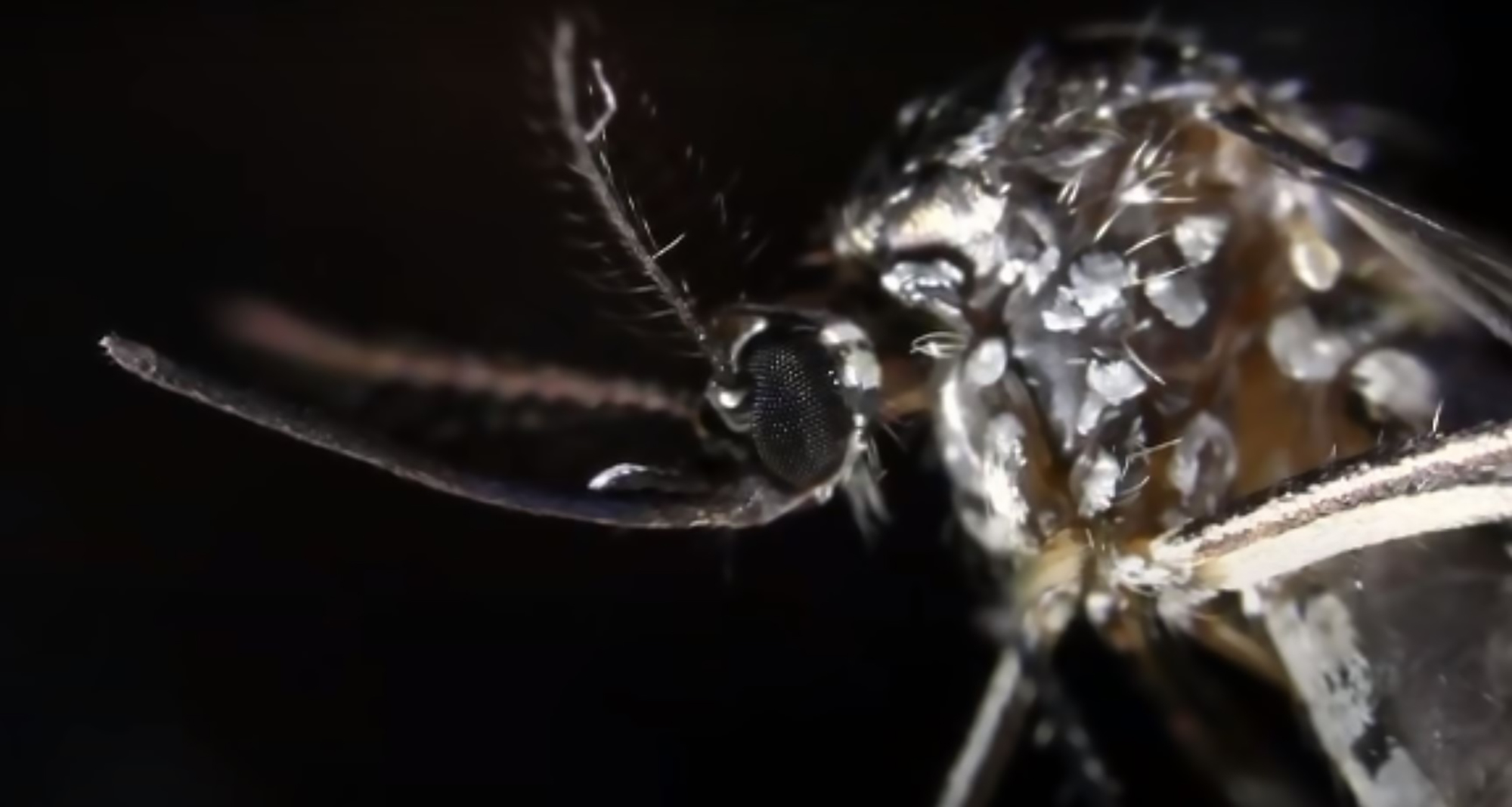
The Asian tiger mosquitoes that have made headlines around the world because they carry deadly viruses could already be in the UK, an expert has told Newsflash in an exclusive interview.
Dr Anna-Bella Failloux, who is an expert on virus-carrying mosquitoes and who conducts research at the Institut Pasteur in Paris, told Newsflash that “there is no reason Tiger mosquitoes are not already in the UK”.
She said that the UK “climate is less harsh than in other places” and that the Tiger Mosquitoes “had already been detected there before but that they hadn’t stayed.”
When asked if she thought the virus-carrying Tiger mosquitoes, which originally come from China, had simply not been detected again in the UK, Dr Failloux said “it depends on the detection system, it is possible that they just haven’t found them yet”.
She also warned against government cuts to such systems during times of economic downturn, like in “Greece and Spain where they have dismantled their detection systems due to the economic crisis”.
Dr Failloux, 57, said that the “invasive species” can carry “from 25 to 30 different kinds of viruses”, including the “Dengue, Zika, and the West Nile” viruses.
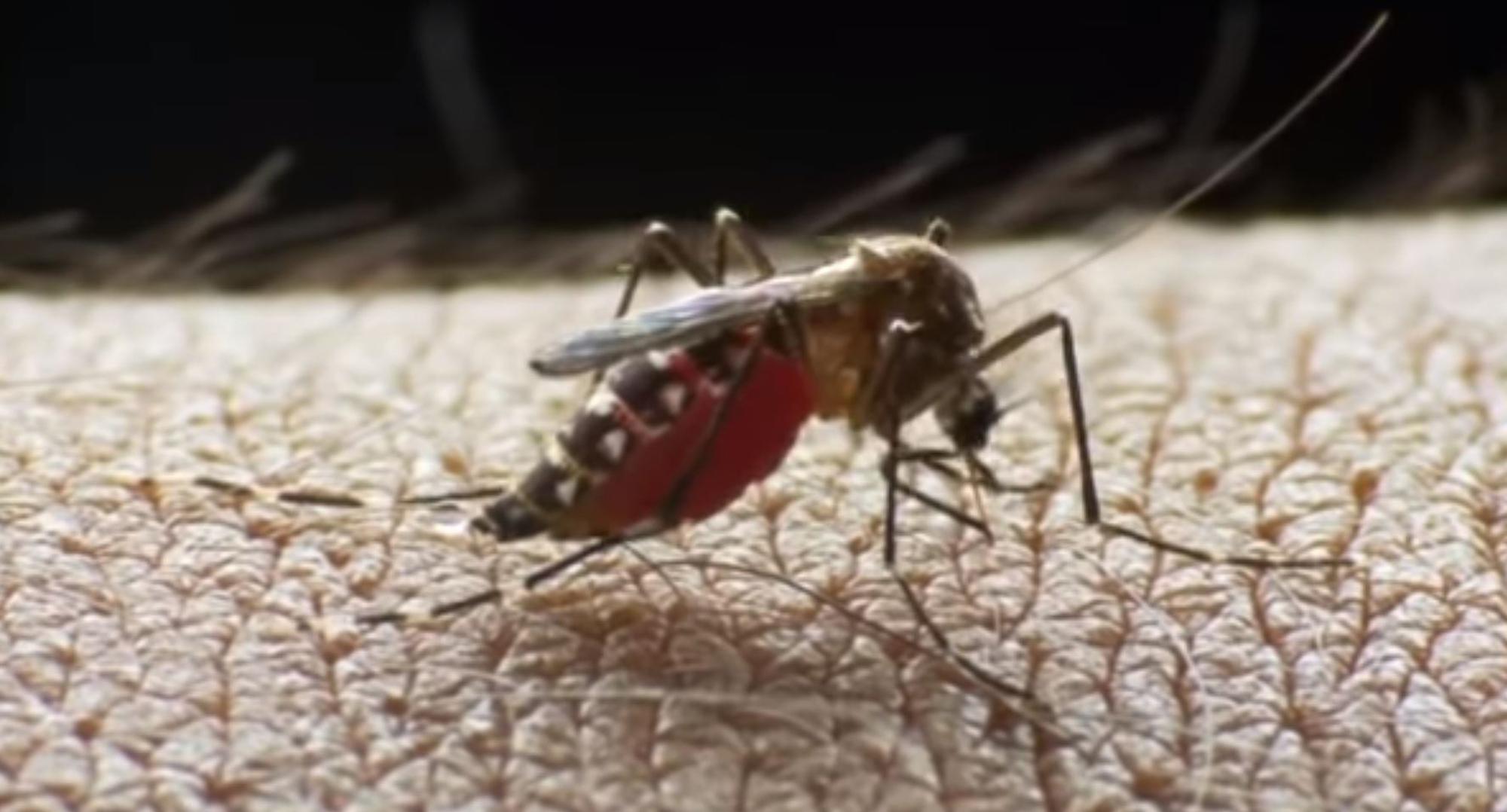
She said the virus-carrying mosquitoes are mainly found in urban areas, and that they are a problem that is mainly caused by “human activity” combined with “climate change”.
She said that Tiger mosquitoes had migrated “from China to Japan, and then on to the United States and to Italy”, before being detected “in France in 2004” for the first time.
The entomologist (a scientist who studies insects) said they are tracking their migration north, through the country and that they “move 100 kilometres (62 miles) a year, to the north and to the west.”
She said that the species had already been detected as far north as the Netherlands, saying that it “adapts to cold climates.”
These maps show the extent of the mosquitoes’ spread in France between 2004 and 2020.
Dr Failloux explained that while the Tiger mosquitoes do particularly well in hot climates – which is why they were first found in France in the south of the country – they can also “adapt to cold climates” because their “eggs can withstand low temperatures”.
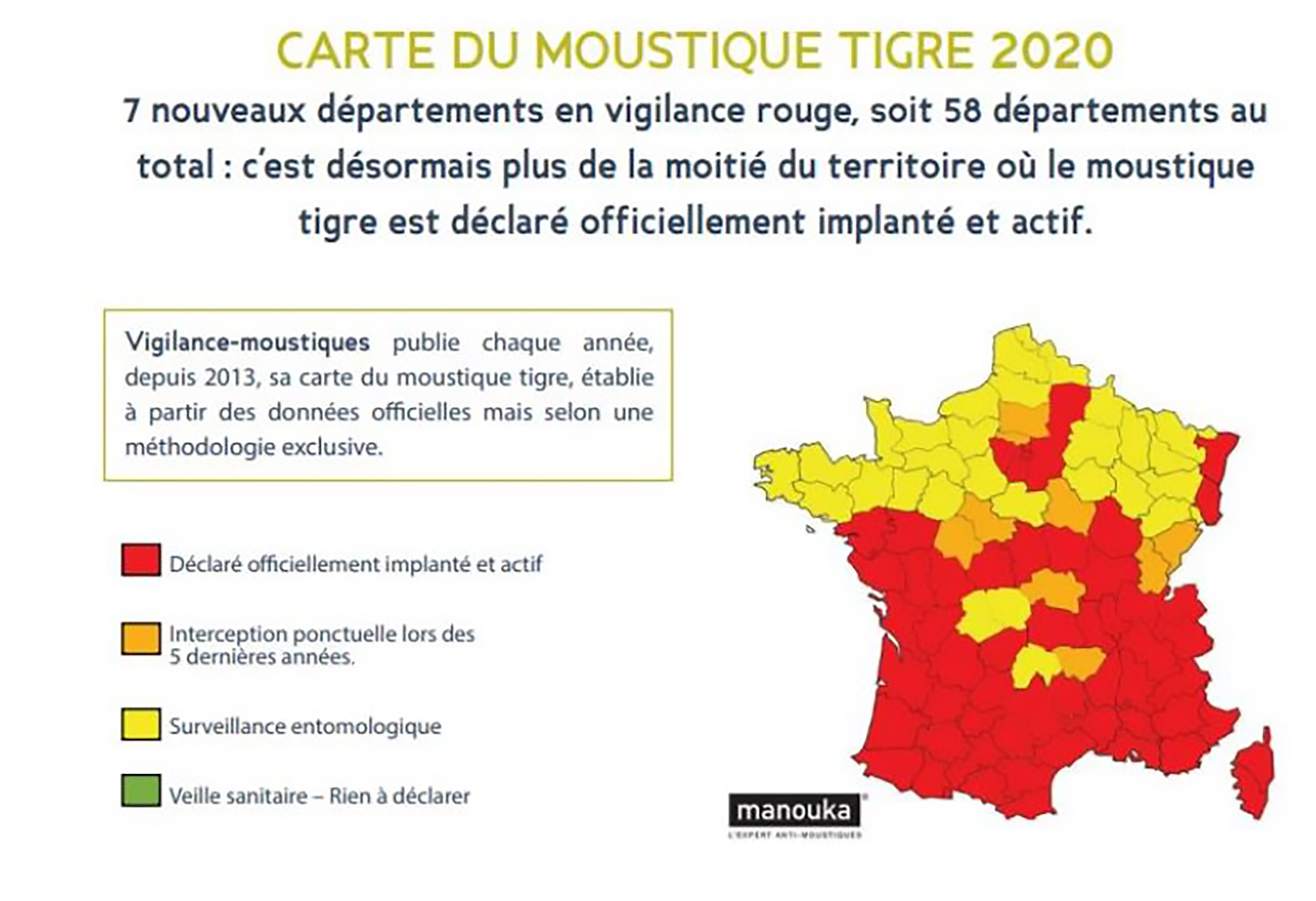
The expert warned that these mosquitoes mainly migrate thanks to humans who unwittingly carry their eggs around, in “goods containers travelling long distances”, in “tyres”, “flower pots”, and even in “pots and pans”.
She said they often follow roadways and they have often found them in motorway service areas, a little further north every year.
Asked what British tourists going to France this summer could do, Dr Failloux said: “Avoid being bitten.”
She added: “Some people handle mosquito bites better than others.”
She said that the more people are bitten, the more they “develop an immunity” but that people who are not used to mosquito bites can “develop quite spectacular reactions with itchy spots.”
But there is a silver lining as Dr Failloux also said that given that mosquitoes “cannot regulate their internal temperature” and therefore given that “they move around depending on the temperature”, so that they are roughly at “30 degrees” Celsius, people can avoid being bitten by “avoiding shade”, especially “early in the morning and in the evening”.
The best solution, she said, was to “lie in the sun at the beach because you won’t be bitten there!”
If people want to go hiking, she said they should wear light clothes that cover their arms and legs and use mosquito repellent.
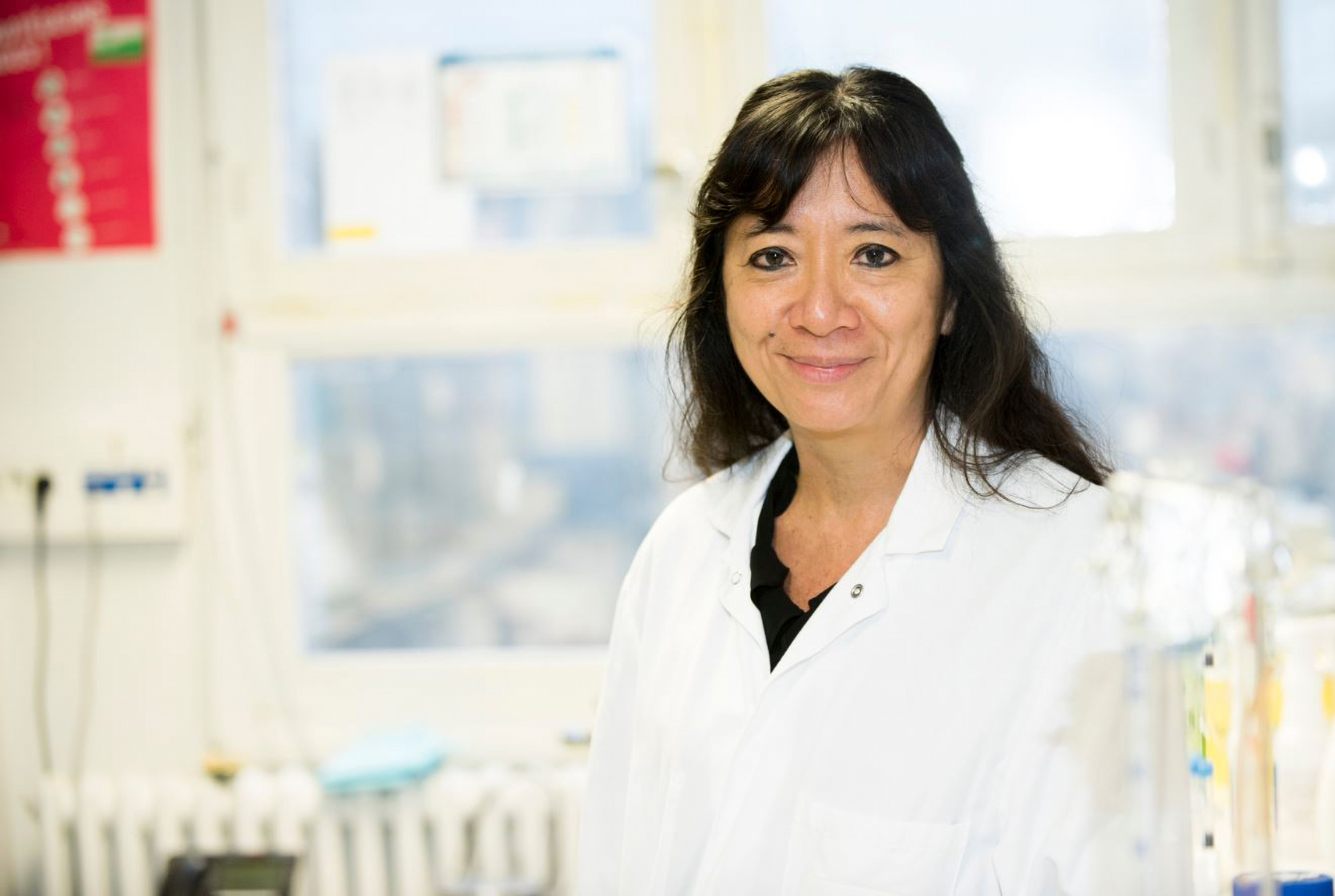
Asked if mosquitoes can transmit COVID-19, she replied: “It is a legitimate concern that coronavirus could be transmitted by mosquitoes, but it would in reality be very very difficult because you would need to have a lot of the coronavirus in your blood, so at the moment, no, I would say it cannot transmit it.” Although she made it clear it is something they are looking into.
Dr Failloux is a professor of entomology and is head of the “Arboviruses and Insect Vectors” branch of the Department of Virology at the Institut Pasteur in Paris.
She said she has “always been fascinated with biology” and that she is from “French Polynesia”.
She said she studied in France in Toulouse and has a “doctorate in medical entomology”, that she is particularly interested in “insects that affect humans” and that she did her post-doctorate at the Pasteur Institute in Paris where she is currently heading up a team that researches insects that transmit viruses to humans.

